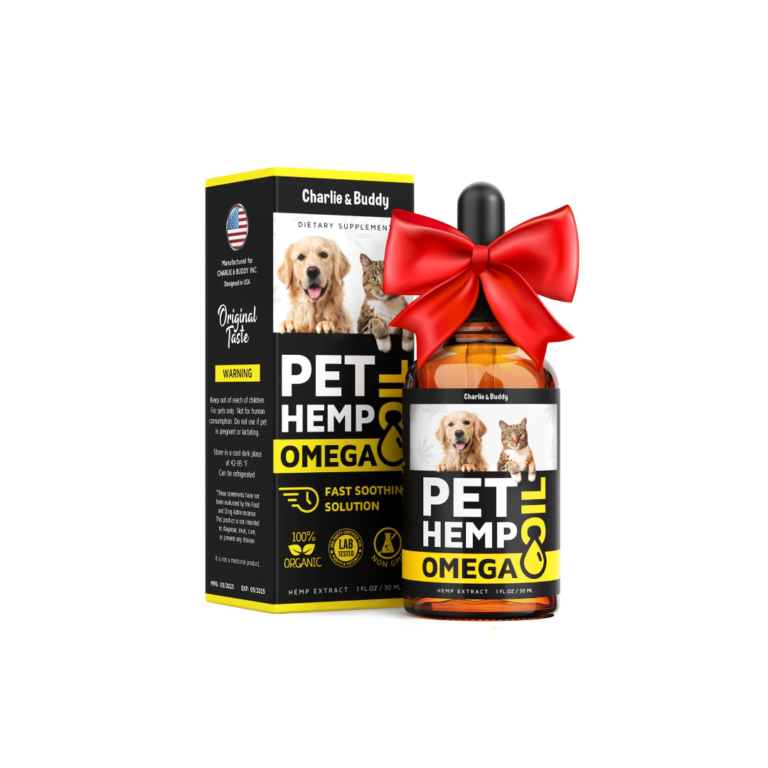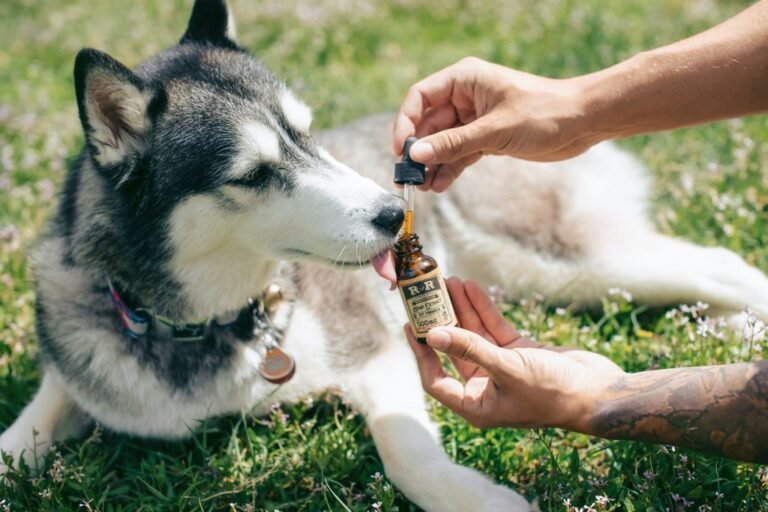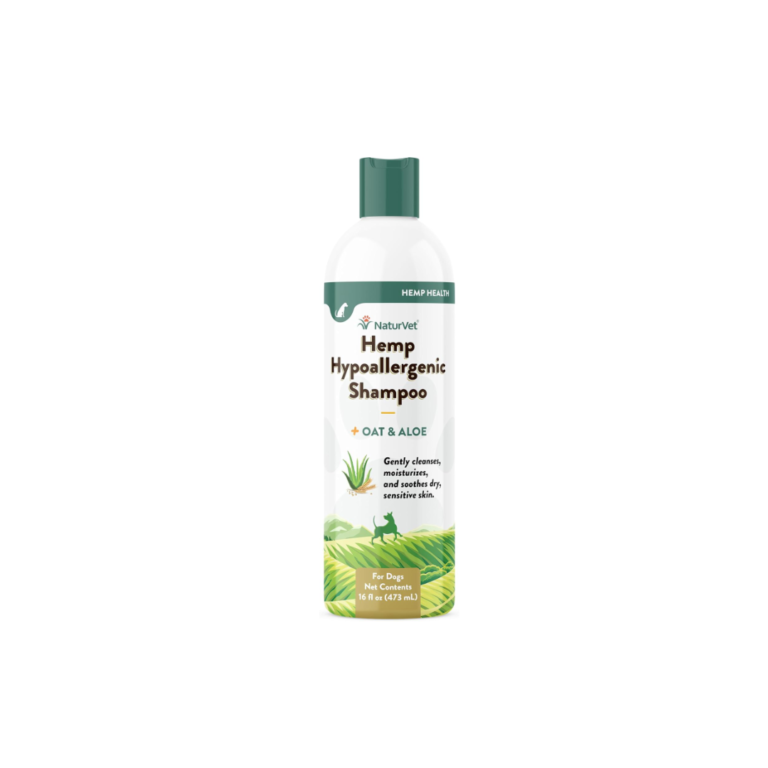Seasonal Allergy Management in Pets: Practical Advice
Seasonal allergies can affect pets just like they affect humans. It’s important to understand the common allergens for pets and the symptoms of seasonal allergies in order to provide proper care. Preventing and managing seasonal allergies in pets involves keeping their environment clean, minimizing outdoor exposure, and regular grooming and bathing. Allergy medications and natural remedies can also be used, but it’s always best to consult with a veterinarian. Supporting your pet’s immune system through proper nutrition, supplements, exercise, and mental stimulation is crucial for allergy management. Here are the key takeaways:
Key Takeaways
- Understand the common allergens for pets and the symptoms of seasonal allergies
- Keep your pet’s environment clean to reduce allergens
- Minimize outdoor exposure during allergy season
- Regular grooming and bathing can help manage allergies
- Consult with a veterinarian for allergy medications and natural remedies
Understanding Seasonal Allergies in Pets

Common Allergens for Pets
Allergies in pets can be caused by a variety of factors. Some common allergens for pets include pollen, dust mites, mold spores, and grass. These environmental allergens can trigger allergic reactions in pets, leading to symptoms such as itching, redness, and skin infections. In addition to these common allergens, pets can also develop sensitivities to certain ingredients in their diets, such as proteins or grains found in kibble. Flea bites can also cause allergic reactions in some pets. It’s important to identify and minimize exposure to these allergens to help manage your pet’s allergies.
Symptoms of Seasonal Allergies in Pets
Pets can experience a range of symptoms when they have seasonal allergies. These symptoms may include itching, redness, sneezing, and digestive issues. You may notice your furry friend scratching or biting at their skin, experiencing hair loss, or developing red skin and scabs. Other signs to look out for include swelling, runny nose, watery eyes, diarrhea, and vomiting. If you observe any of these symptoms in your pet, it’s important to consult with a veterinarian for proper diagnosis and treatment.
Diagnosing Seasonal Allergies in Pets
Diagnosing seasonal allergies in pets is an important step in providing them with the necessary care and treatment. Allergies can manifest in various ways, including itching, redness, sneezing, and digestive issues. If you notice any of these symptoms in your pet, it’s essential to consult with a veterinarian for a proper diagnosis. During the diagnostic process, the veterinarian may perform skin tests or blood tests to identify the specific allergens that are causing the allergic reactions. This information will help determine the most effective treatment plan for your pet’s allergies.
Preventing Seasonal Allergies in Pets

Keeping Your Pet’s Environment Clean
To maintain a clean environment for your pet, it’s important to establish a regular cleaning routine. Clean up any accidents in the house promptly, using gloves and disinfectant. This will help prevent the spread of bacteria and keep your pet’s living space hygienic. Additionally, make sure to wash your hands thoroughly after handling any waste. Regularly vacuum and dust your home to minimize the presence of allergens. Consider using pet-friendly cleaning products to avoid any harmful chemicals that could irritate your pet’s respiratory system. By keeping your pet’s environment clean, you can create a healthier and more comfortable living space for them.
Minimizing Outdoor Exposure
To minimize your pet’s exposure to outdoor allergens, it’s important to take a few precautions. Limit the amount of time your pet spends outside during peak allergy seasons, such as spring and fall when pollen counts are high. Avoid areas with high levels of grass, weeds, and trees, as these are common sources of allergens. Wipe your pet’s paws and coat with a damp cloth or pet-friendly wipes after outdoor activities to remove any allergens they may have picked up. Consider using NaturVet hemp products to help support your pet’s immune system and reduce allergy symptoms. These products are formulated with natural ingredients that can provide relief from itching and inflammation. Consult with your veterinarian to determine the best options for your pet’s specific needs.
Regular Grooming and Bathing
Regular grooming and bathing are essential for maintaining your pet’s skin health and managing seasonal allergies. Grooming allows you to check for any abnormalities in the skin and prevent mats from building up. Some pets may benefit from regular shampoo or mousse treatments and ear cleaning. However, it’s important to follow professional advice and avoid bathing your pet too often, as it can cause problems. Additionally, make sure to clean all food and water bowls, pet bedding, and collars regularly to minimize allergen exposure. Keeping your pet’s environment clean is crucial in reducing the risk of allergies. If your pet starts showing any abnormal signs of itching or changes in their coat and skin, it’s important to consult with a veterinarian for proper diagnosis and treatment. Remember, early intervention gives allergies a better chance of being resolved easily.
Managing Seasonal Allergies in Pets

Allergy Medications for Pets
When it comes to managing your pet’s seasonal allergies, there are several medications that can help alleviate their symptoms. Antihistamines like Benadryl are commonly used to control allergies in pets. It’s important to consult with your veterinarian to determine the appropriate dosage and frequency for your pet. Other antihistamines such as cetirizine and hydroxyzine can also be effective. Another option is Apoquel, a tablet medication that directly targets the molecule responsible for itch and inflammation in dogs. For longer-lasting relief, there is Cytopoint, an injection that interrupts the pathway causing itch and inflammation in dogs. It provides relief for about 4-8 weeks. In addition to these medications, there are other treatment options to consider, such as changing your pet’s diet and using specialized shampoos for itchy skin and allergies. Omega fatty acid supplements can also be beneficial as they have natural anti-inflammatory properties, reducing your pet’s allergic response. Remember to work closely with your veterinarian to find the best combination of treatments for your pet’s specific needs.
Natural Remedies for Seasonal Allergies
When it comes to managing your pet’s seasonal allergies, there are several natural remedies that can provide relief. One effective method is bathing your pet regularly. This helps remove pollen, mold, and other allergens from their fur, reducing the likelihood of allergic reactions. Additionally, make sure to provide your pet with plenty of filtered water to keep them hydrated.
Another important aspect is to avoid diagnosing your pet on your own. It’s best to consult with your veterinarian who can perform the necessary tests and provide appropriate suggestions. They can help determine if your pet is dealing with skin allergies due to food allergies and recommend a clean, holistic brand of food without preservatives.
Remember, the key to managing your pet’s seasonal allergies is to take a proactive approach. By following these natural remedies and seeking professional advice, you can help your pet find relief and improve their overall well-being.
Consulting with a Veterinarian
When it comes to managing your pet’s seasonal allergies, consulting with a veterinarian is crucial. Your veterinarian is not only there to take care of your pet when they are sick, but they are also your partner in preventative medicine. Regular wellness visits, especially for pets over 7 years of age, can help identify any potential problems before they become severe. During these visits, your veterinarian may recommend allergy medications tailored to your pet’s specific needs and environment. They can also provide guidance on natural remedies such as soothing shampoos or supplements like CBD for pets. If you have any concerns or questions about your pet’s allergies, don’t hesitate to reach out to your veterinarian for expert advice and support.
Supporting Your Pet’s Immune System

Proper Nutrition for Allergy Management
Proper nutrition plays a crucial role in managing your pet’s allergies. Dietary elimination trials are often recommended to identify and eliminate potential allergens from your pet’s diet. This involves feeding your pet a hypoallergenic diet that contains novel protein sources and carbohydrates they have never been exposed to before. By doing so, you can determine if certain ingredients are triggering your pet’s allergies. Your veterinarian can provide guidance on how to conduct a dietary elimination trial and recommend suitable hypoallergenic diets.
In addition to dietary changes, there are specialized dog foods available that are formulated to support allergy management. These foods are typically free from common allergens like corn, wheat, soy, dairy, and grains. For example, the Automatic Pet Feeder brand offers a dry kibble that is made with premium ingredients, including New Zealand sourced lamb and easy-to-digest potatoes. This protein-rich diet is well-suited for dogs who need to avoid grains altogether. It promotes skin and coat health and is suitable for adult dogs.
It’s important to note that proper nutrition alone may not be sufficient to manage your pet’s allergies. It is recommended to consult with a veterinarian for a comprehensive approach to allergy management. They can provide additional guidance on supplements, medications, and other treatments that may be beneficial for your pet’s specific condition.
Supplements for Boosting Immunity
When it comes to boosting your pet’s immune system, there are several supplements that can be beneficial. These supplements are designed to provide nutritional support and help strengthen your pet’s immune response. Here are some key supplements that you can consider:
-
European Goldenrod: This herb has anti-inflammatory, anti-catarrhal, and antioxidant properties. It can help increase renal blood flow and glomerular filtration rate without stimulating the loss of sodium and chloride.
-
Echinacea: Echinacea preparations have been shown to have immunostimulant effects. They help the body fight infections and remove invading bacteria. Echinacea also supports the lymph system, which expels waste from the tissues.
-
NHV Supplements: NHV offers a range of supplements specifically formulated for pets. These supplements include Mouth Drops, Multi Essentials, Natures Immuno, and more. They provide targeted support for various conditions and can help boost your pet’s immune system.
It’s important to note that consulting with a veterinarian is crucial before starting any new supplements for your pet. They can provide personalized recommendations based on your pet’s specific needs and health condition.
Exercise and Mental Stimulation
Providing regular exercise and mental stimulation is essential for the overall well-being of your pet. Exercise helps keep your pet physically fit and helps burn off excess energy. It is especially important for dogs, as it helps maintain healthy joints and flexibility. Taking your dog for daily walks is a great way to provide exercise and also allows you to spend quality time together. For cats, providing opportunities for play and exploration is important. Mental stimulation helps keep your pet’s brain active and engaged. For cats, you can provide scratching posts, cat trees, and window perches to satisfy their natural instincts to climb and observe their surroundings. Food and toy puzzles are also a great option to keep your cat mentally stimulated and provide a little exercise. Remember to gradually increase the intensity and duration of exercise to avoid overexertion and consult with your veterinarian for specific exercise recommendations for your pet’s breed and age.
Supporting Your Pet’s Immune System
Conclusion
In conclusion, managing seasonal allergies in pets is essential for their well-being and comfort. Allergies can cause discomfort and lead to various symptoms such as itching, redness, and digestive issues. It is important to start treatment early, especially for pets with spring allergies, to effectively manage the symptoms. Working closely with your veterinarian, you can explore different treatment options such as antihistamines and specialized shampoos. Additionally, taking preventive measures like regular grooming and minimizing exposure to allergens can greatly improve your pet’s quality of life. Remember, allergies are a lifelong condition, and with proper care and attention, you can help your furry friend live a happy and allergy-free life.
Frequently Asked Questions
What are the common allergens for pets?
Common allergens for pets include pollens, molds, dust mites, and certain foods.
What are the symptoms of seasonal allergies in pets?
Symptoms of seasonal allergies in pets may include itching, redness, sneezing, and digestive issues.
How are seasonal allergies in pets diagnosed?
Seasonal allergies in pets can be diagnosed through a combination of physical examination, medical history, and allergy testing.
How can I prevent seasonal allergies in pets?
To prevent seasonal allergies in pets, keep their environment clean, minimize outdoor exposure, and regularly groom and bathe them.
What are the treatment options for pets with seasonal allergies?
Treatment options for pets with seasonal allergies include antihistamines, shampoos, and immunotherapy. Consult with a veterinarian for the best treatment plan.
How can I support my pet’s immune system to manage allergies?
You can support your pet’s immune system by providing proper nutrition, using supplements to boost immunity, and ensuring regular exercise and mental stimulation.







